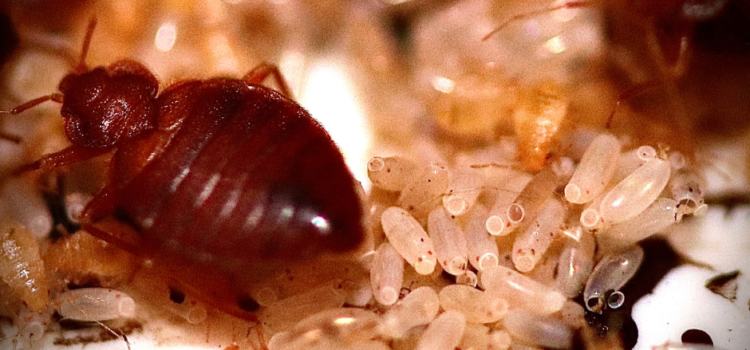Bedbug Infestations Taking a Toll on Mental Health: How to Cope with the Psychological Effects
Bedbugs, the tiny parasitic insects that feed on human blood, can cause significant psychological distress to those affected by an infestation. The psychological effects of bedbugs are often overlooked but can have long-lasting consequences if left untreated. In this article, we will explore the emotional impact of bedbug infestations and offer suggestions for coping with the psychological toll of dealing with these pests.
Anxiety is one of the most common psychological effects of bedbug infestations. The fear of being bitten by bedbugs and the uncertainty of not knowing when the next bite will occur can cause a great deal of stress and anxiety. Many people become afraid to sleep in their own bed and may experience panic attacks or other anxiety symptoms. In severe cases, anxiety can lead to avoidance behaviors such as refusing to enter infested rooms or even moving out of the infested home altogether.
Loss of sleep is another common psychological effect of bedbug infestations. Bedbugs are most active at night and their bites can be extremely itchy and uncomfortable, causing many people to lose sleep. Chronic sleep deprivation can lead to a host of physical and mental health problems, including depression, anxiety, and cognitive impairment.
Stress is also a common psychological effect of bedbug infestations. The financial and logistical challenges of dealing with an infestation can be overwhelming and stressful. People may have to spend significant amounts of money on extermination services, new furniture, and other expenses related to the infestation. In addition, the disruption to daily life caused by an infestation can be stressful and time-consuming, leading to increased tension and conflict within households.
Coping with the psychological effects of bedbug infestations can be challenging, but there are strategies that can help. The following are some suggestions for dealing with the emotional toll of an infestation:
- Seek support: Talk to friends, family, or a mental health professional about your experience. Having someone to talk to can help you process your feelings and develop coping strategies.
- Practice self-care: Taking care of yourself is essential during this stressful time. Make sure to eat well, exercise regularly, and get enough sleep. Engaging in activities that you enjoy can also help reduce stress.
- Take action: Taking steps to eliminate the infestation can give you a sense of control and reduce anxiety. Work with a professional exterminator to develop a plan for eliminating the bedbugs and preventing re-infestation.
- Practice mindfulness: Mindfulness practices such as meditation and deep breathing can help reduce stress and anxiety. By focusing on the present moment, you can calm your mind and reduce feelings of fear and uncertainty.
In conclusion, bedbug infestations can have significant psychological effects on those affected. Anxiety, stress, and loss of sleep are common emotional reactions to an infestation. Coping with the psychological toll of an infestation requires self-care, seeking support, taking action, and practicing mindfulness. By taking these steps, individuals can reduce the emotional impact of bedbug infestations and regain a sense of control over their lives.

